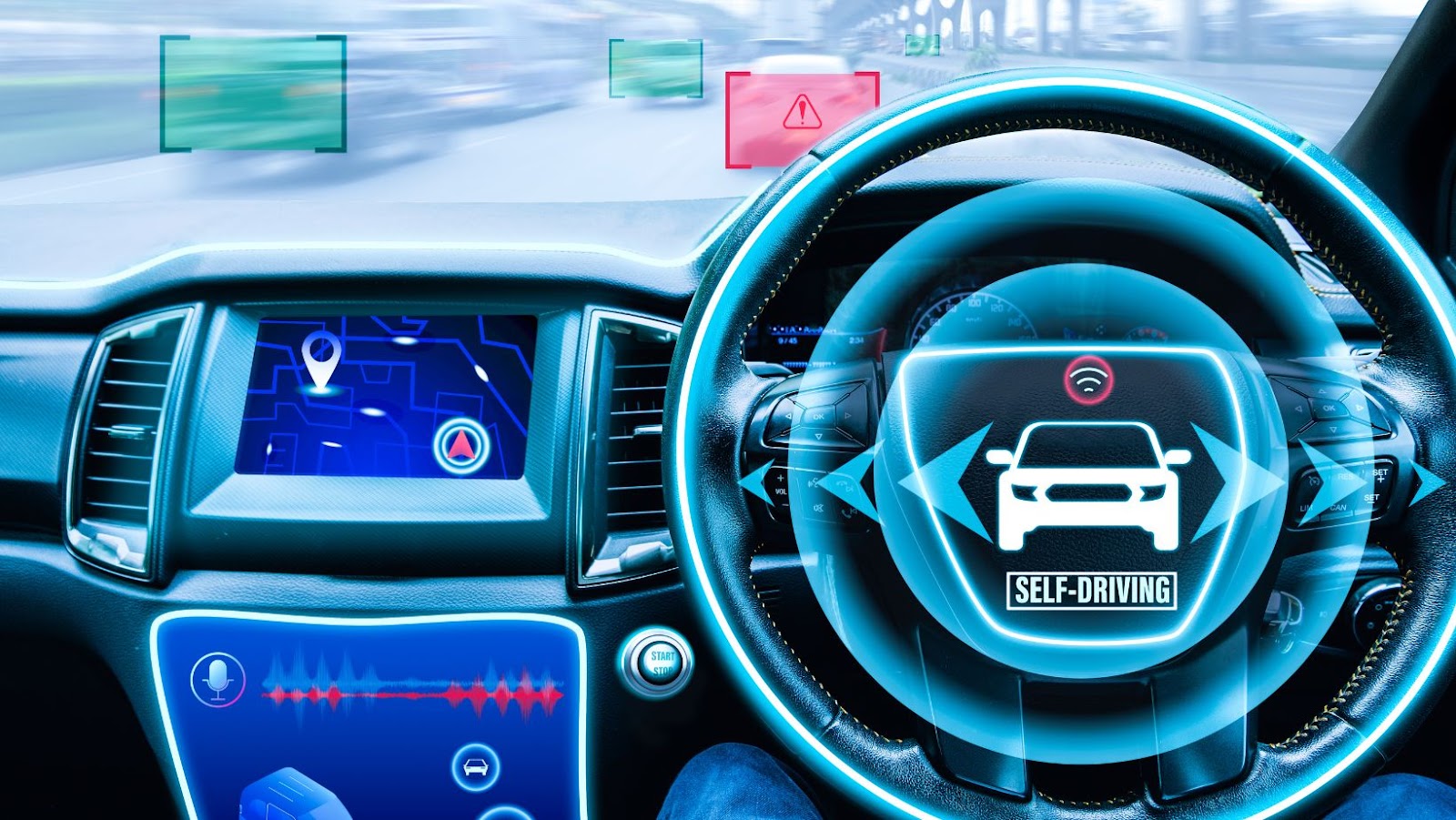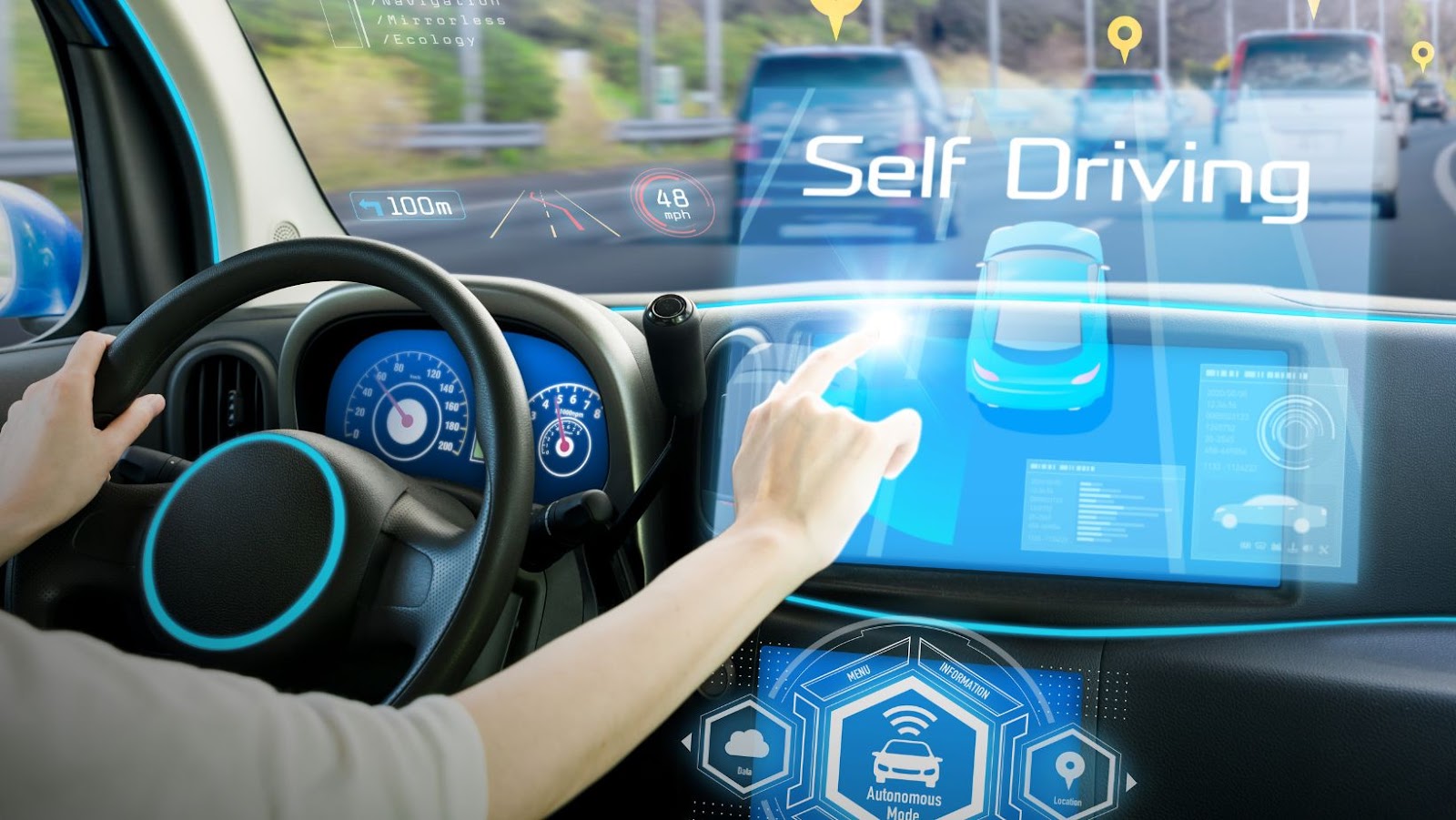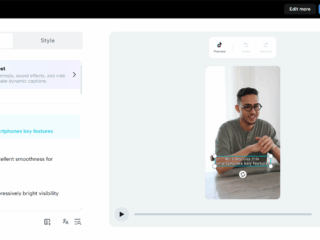
Lyft recently announced that it had sold its self-driving unit to Toyota’s Woven Planet for $550 million. This move has left many people questioning why Lyft decided to offload a business seen as the future of transportation.
In this article, we look at the reasons behind Lyft’s decision to sell its self-driving unit and the implications for the industry.
Overview of Lyft
Lyft is an American transportation network company that operates a ridesharing platform and service. The company headquarters are in San Francisco, California and operates in 644 cities across the United States and 12 cities in Canada.
Lyft allows customers to request rides at any time, with multiple levels of rides available including carpool, shared ride, premier rides for those who want a more luxurious experience, bike and scooter rentals. Customers can share the cost of the ride with friends on their app as well.
In July 2020, Lyft sold their Unit (LVM), which developed self-driving cars, to Toyota’s Woven Planet subsidiary for an undisclosed sum as part of a joint venture between Toyota and Lyft. This move shifted away from Lyft’s earlier strategies regarding autonomous vehicles; now they have transitioned to partnering with experienced industry players rather than developing their own software and hardware solutions.
The joint venture between the two companies will enable both parties to work together towards developing self-driving technology by leveraging Woven Planet’s resources and expertise in automated driving systems;. However, specific strategic goals for this partnership have not yet been disclosed. Nevertheless, with this renewed direction towards partnerships with established players instead of individual research projects, Lyft’s efforts involving autonomous technology will likely progress much faster than before – now with two major players working together to scale up quickly.
Overview of Toyota’s Woven Planet
Toyota’s Woven Planet is a part of the automotive giant’s larger commitment to autonomously-driven vehicles. Formed in 2020, the venture will focus on creating autonomous technology for its vehicles, including sensors and software, and groundbreaking transportation services. At its head sits former Lyft executive Ken Washington, who has over 35 years of automotive industry experience.
In selling the self-driving unit to Toyota’s Woven Planet, Lyft illustrates its commitment to staying focused on its core ride-hailing business and working with Toyota’s Woven Planet allows Lyft to bring in significant funding without splitting its attention. It also reinforces the collaboration between both companies that saw its partners joining forces in offering services such as connected cars and autonomous ridesharing programs. Additionally, this move gives Lyft access to Toyota’s advanced Safety Sense suite of features, including pre-collision systems and lane departure alerts.
Despite pulling out of self-driving technology development, Lyft can still benefit from advances in the sector – especially given their close ties with Toyota’s Woven Planet effort. In addition to access to critical technologies, this can also mean more integrated product offerings through shared infrastructures – while still allowing Lyft an edge by focusing on their core ride-sharing business space with deeper investments toward customer service excellence.

Background
In July of 2020, the ride-hailing giant Lyft decided to sell its self-driving unit to Toyota’s Woven Planet for $550M. This move gave Lyft the resources to focus on improving its core business, while still allowing it to remain in the autonomous vehicle space.
In this article, we will discuss the background of why Lyft sold their self-driving unit and the implications of the sale.
Lyft’s history of self-driving development
Lyft was one of the earliest providers to start investing in self-driving technology, first announcing a partnership with General Motors in 2016 to develop an autonomous driving platform and explore self-driving cars.
In 2017, the company joined forces with Alphabet’s Waymo to develop their self-driving technologies.
In July 2018 Lyft acquired Level 5, a startup focused on fully autonomous vehicles, and combined it into their Advanced Technologies Group (ATG). The ATG combined both Lyft and Level 5 team members with the hope of developing a vehicle better suited for driverless ride-hailing operations than what either could create separately.
As development continued however, it became clear that additional factors such as weather, city regulations, legal liability were increasingly limiting the market growth of its self driving unit outside of select cities. As such, in December 2020 Lyft sold its ATG back to Alphabet Inc., dropping out of the competition for future dominance in driverless vehicle tech.
Toyota’s investment in self-driving technology
In 2018, Toyota put an additional $500 million into the autonomous vehicle market in a collaboration with SoftBank and Denso. This investment was part of a larger effort to stay ahead of competition from rival automakers, such as GM and Ford, who have also invested heavily in self-driving technology. In addition, Toyota has partnered with Uber and IBM Watson to help stay ahead of the competition by utilising new technologies for their company projects.
Lyft recognized the immense worth and potential of the autonomous technology that Toyota had been developing and their huge investments. As a result, Lyft sold their self-driving unit to Toyota in July 2019 for $550 million. This move by Lyft would ensure they could focus on their core ride-sharing business while benefiting from the potential growth of autonomous vehicles. In addition, with Lyft gaining access to Toyota’s massive capital funds and other resources, they are now better able to invest in developing a self-driving AI platform that is more efficient than ever before.

Lyft sells self-driving unit to Toyota’s Woven Planet for $550M
In 2020, Lyft decided to sell their self-driving unit, Level 5, to Japanese automotive giant Toyota’s Woven Planet in a deal worth $550 million. This decision came after a long period of research and deliberation.
This article will discuss the reasons behind this sale and what this means for the future of Lyft and the self-driving industry.
Lack of profitability
In 2018, Lyft sold its self-driving unit to Google’s Waymo for an undisclosed amount. The move was seen as a pivot away from developing its self-driving technology. Still, it may also have been because the technology wasn’t as profitable as they had expected.
The autonomous car industry is still in its infancy and many technological challenges remain. Coupled with the slow legislation process and the lack of acceptance in the marketplace, it can be difficult for companies to achieve profitability and compete with well-established players such as Tesla and Uber. For Lyft, it likely came down to a cost versus benefit analysis, where their potential return on their investment didn’t seem worth pursuing.
Developing self-driving cars requires immense capital expenditures on research & development (R&D) that often take several years before bringing products to market — typically taking up a large portion of any company’s resources. In addition, regulations vary from state to state and country to country making progress in certain regions difficult or even impossible depending on local laws.
Additionally, since most technological development processes are usually very expensive and complex, some competitors choose to acquire existing firms with working technologies instead of developing new ones due to time constraints or budget issues — an approach known as consolidation. By selling off their autonomous vehicle division in 2018, this enabled Lyft to focus more heavily on areas deemed more profitable such as ride hailing services & bike rentals — allowing them to accelerate innovation where possible while cutting costs needed for long term sustainability & profitability.
Focus on core business
Lyft recently announced it was selling its self-driving unit, Level 5, to Motional, a joint venture between Hyundai Motor Company and Aptiv. The sale comes less than two years after Lyft began investing heavily in the development of autonomous vehicles.
The primary reason for the sale was for Lyft to refocus its efforts on providing rideshare services. Although less expensive in the short term, developing autonomous vehicles requires a large investment of time and money that could be redirected elsewhere. Bobby Medford, Lyft’s Senior Vice President of Engineering, said “This is an important milestone as we focus our resources on Lyft’s mission: improving people’s lives with the world’s best transportation.”
The sale allows Lyft to direct their funds into their core ridesharing app business while allowing Level 5 technology to continue development at Motional. Under the agreement, Motional will licence technology developed by Level 5 and make it available to independent companies and collaborate with auto manufacturers such as Hyundai.
Need for capital
One of the primary reasons that ridesharing giant, Lyft, decided to sell their self-driving unit in 2018 was the need for capital. When they first announced the creation of their self-driving group (now known as Level 5), they made it clear that it was to be an independent, full self-driving entity — not just a research and development arm of the company. However, as time went on and costs began to grow, it became clear that it would require more significant investments than Lyft was willing to make to remain competitive and succeed. So, instead of diverting funds from other parts of the business, they offload their self-driving arm to focus on other areas.
The sale also allowed Lyft to monetize their investment early on. They chose who bought out Level 5 carefully, selecting tech giant Aptiv for its existing autonomous vehicle experience and ability to provide additional capital for further research and development. By selling at this point rather than waiting until later, Lyft was able to ensure that they wouldn’t miss out on any potential profits if Level 5 eventually successfully developed a full autonomous system.
Impact of the Sale
The sale of Lyft’s self-driving unit to Toyota’s Woven Planet for $550M is a significant move with repercussions on the technology sector, particularly the ride-hailing industry. The impact of this sale will have wide-ranging effects, from Lyft’s standing in the industry to Toyota’s drive towards the future of autonomous vehicles.
Let’s take a closer look at the implications of this sale and how it will affect the future of self-driving technology.

Impact on Lyft
By selling their self-driving unit, Lyft is creating a more focused approach to the business and ensuring their core competencies are optimised. In addition, the sale of the unit frees up much-needed financial resources that Lyft can use to solidify their position in the ride-hailing market and develop additional services, such as delivery and bike sharing.
The sale synergizes with Lyft’s 2017 acquisition of Motivate, a bike share company. With the proliferation of dockless electric scooters across cities in the United States and abroad, it is clear that two-wheeled transportation options are becoming increasingly popular. A strong suite of services, such as dockless bike or scooter sharing alongside traditional ride hailing, could provide riders with more flexible, convenient transportation options as well as helping to reduce congestion on U.S. roads.
Finally, the sale also helps Lyft focus on its core rider experience. Lyft has seen immense growth over the past few years and thus far they have been successful in creating an enjoyable customer experience; however, they must now focus on perfecting this service so that riders return again and again due to excellent performance metrics such as high quality drivers and shorter wait times for rides. Furthermore, suppose Uber continues its autonomous vision without obstacles. In that case, self-driving technology could eliminate jobs for regular drivers, which would substantially harm companies like Lyft since it focuses on day-to-day drivers providing ride-hailing services. Therefore, focusing on rider experience can help customers remain loyal to the service.
Impact on Toyota’s Woven Planet
The sale of Lyft’s self-driving unit to Toyota’s Woven Planet Holdings is expected to significantly impact the autonomous vehicle industry. The subsidiary, Woven Planet Holdings, will research and develop autonomous vehicles and related mobility solutions.
By acquiring Lyft’s self-driving division, Woven Planet will gain access to an experienced team of engineers, who have been developing autonomous vehicle technologies for several years. This investment is also likely to increase the rate of technological advancement in the self-driving sector. Additionally, it could spur increased collaboration between automakers and technology companies in the industry.
Toyota has invested significantly in developing its automated vehicle technologies over the past decade, and this latest acquisition further solidifies its commitment to autonomous driving solutions. With access to Lyft’s technology, Toyota can quickly develop sophisticated systems that accelerate vehicle safety advancements. Combining both companies’ expertise will likely drive rapid progress within the sector and bring automated driving closer to becoming a reality.












